Have you ever considered growing your own vegetable garden? Perhaps you may not know how to grow one, you may think there is no time, you may think there is no space to plant. The reasons may be too long. But look at the expression of vegetable garden owners. “ there is an intense flavor in my home grown vegetables” “They are fresh and delicious” “No pesticides”” Organic” “Self-reliant” “satisfaction of eating your own produce is immense” “I love peace and solitude in my garden” “Look at the miracle of a tiny seed growing to big plant” “It revitalize the energy, be with nature, what a privilege!” “Bye-bye to frequent illness, and avoid diabetes, and cancer” "I am happier and healthier now" Do you want to be happy and healthy as these gardeners?
You don’t require rocket science to become a good gardener. A little thirst for knowledge, patience, and love of nature will make you master gardener.
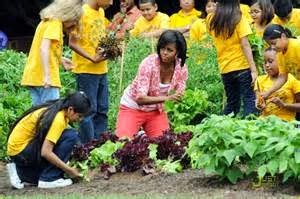
Michelle Obama. She learned first how to garden and then started teaching gardening to students in White house garden
Start small
One of the common errors for beginners do is planting too much too soon without knowing how, when and what to grow. It is better to be proud small gardener than a frustrated big one. So start small.
Tips to start
1. Location. Select a sunny location. Vegetables require 6 hours of direct sunlight per day. The more the sunlight they receive, the greater they grow well.
2. Soil. Plant in good soil. Read the detailed portion.
3. Space your crops properly. Plant them in in required distance. Follow and planting space guide on seed packets. Plants too close may not grow well due to lack of sunlight, water air and nutrition.
4. Use good quality seeds. The life of any garden is in the soil. Rich soil consists of humus or organic matter which will provide pockets or “pore space” for air and water.
When new homes are built or during construction the rich organic top soil is removed by machine and bottom soil from the hard pan are exposed. The first step is to remove the hardpan soil and add 2 ft of top soil or add some organic matter on top.
Swiss Chard
Take care of soil, soil will take care of the plant.
The most important resource in any garden is the soil, in which the plants grow. Any soil may support plant, but good soil increase the health, strength and beauty of the plant. Fertile soil is well-drained, aerated and rich in organic matter rich in micro-organisms and bacteria. It should help water retention, nutrient retention; provide plant food, support and thermal insulation. Digging will improve drainage, and adding organic matter will improve the soil texture and beneficial bacteria.
There are different soil types.
There are sandy, clay, loam, peat and silty soil
The soil pH. The degree of acidity and alkalinity (the pH) of the soil determines the nutrients absorption by the plant. The soil acidity and alkalinity are measured on a scale of pH ranging from 0 to 14. A pH below indicates acid soil and above 7 is alkaline. A pH of 7 is neutral. Most plants grow in between 5.5 and 7.5 pH.
How to improve the soil. Humus or organic matters are essential to improve soil and sustain plant growth. It is the life of the soil By adding organic matter regularly will improve drainage, fertility, and increase water retention of the soil. The decomposing of the organic matters will improve bacteria and microorganism of the soil. To keep the soil fertility apply organic matters regularly like composts, dry leaves, wood mulch, and coir pit, leaf cuttings, grass clippings etc. to soil. Producing your own compost from household waste will give you manure as well as solve the problem of waste. To maintain the same level of fertility, it should be remembered, “Whatever comes out of soil should go back to the soil”. Or else it will lead to depletion.

Kale
Garden Tools.
1) Garden hand fork
2) Trowel
3) Garden fork
4) gloves
5) Homi digger ( A very good Korean garden tool)
6 ) Pruning scissors
7) Water can
Plants.
Decide what you want to grow. Categorize your requirements.
1. Herbs- Mint, Parsley, celery, coriander, oregano, rosemary
2. Leaves- Kale, Swiss chard, cabbage, broccoli, lettuce, spinach
3. Roots- Potatoes, beet root, carrot, radishes.
4. Beans- bush beans, pole beans, broad beans.
5. Onions, garlic, shallots, chives
6. Tomatoes- Cherry tomato, Roma, medium, big.
7. Squash and pumpkin, zucchini,cucumber
8. Others: Chilly, capsicum, red spinach, bitter gourd
9. Fruit trees. Plum, apple, blueberry, strawberry, grapes, raspberry.
Watering plants
Watering is crucial to the plants for their growth, health and prevention of disease. Air temperature, soil type, cloud cover, wind, natural precipitation, and plant maturity all determines the amount of water and how often you will need to water.
It is better to water in the morning before day warms up. If watering in the evening the water or humidity remains on the foliage and if temperature drops down below 12 Deg C it will damage the leaves, and promotes fungus and other diseases.
Saturate the roots.
Water the soil. Soak fully the roots not the leaves. Soaking will promote the roots to go deeper and save the plant from draught. Over watering may result in draining the nitrogen from the soil.
Insulate soil with mulch or organic matter like straw, hay etc. to hold the moisture and prevent weeds.
Foliar feeding
It is better to be done in the morning.
You can do wonders. Gardening improves your happiness, health and wealth as well as your family and community. Your contribution can change the world. Wish you happy gardening.
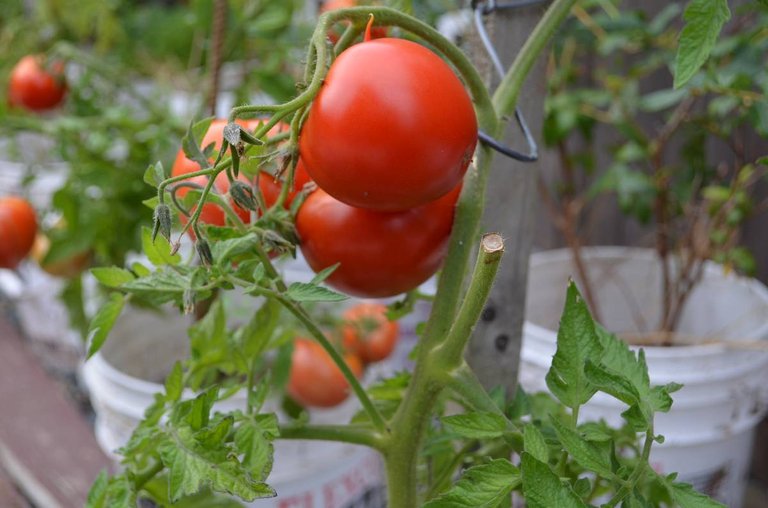

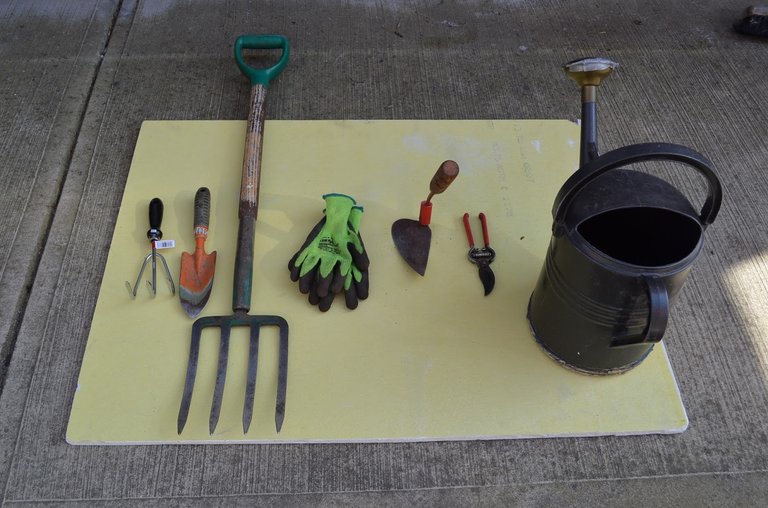
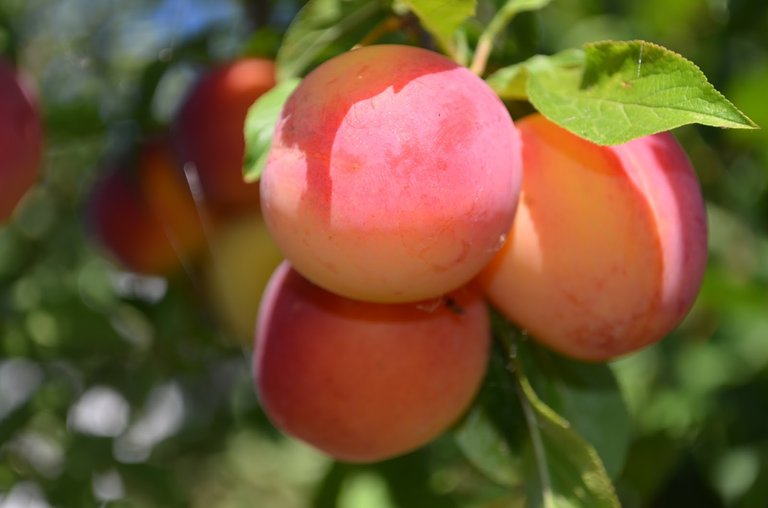
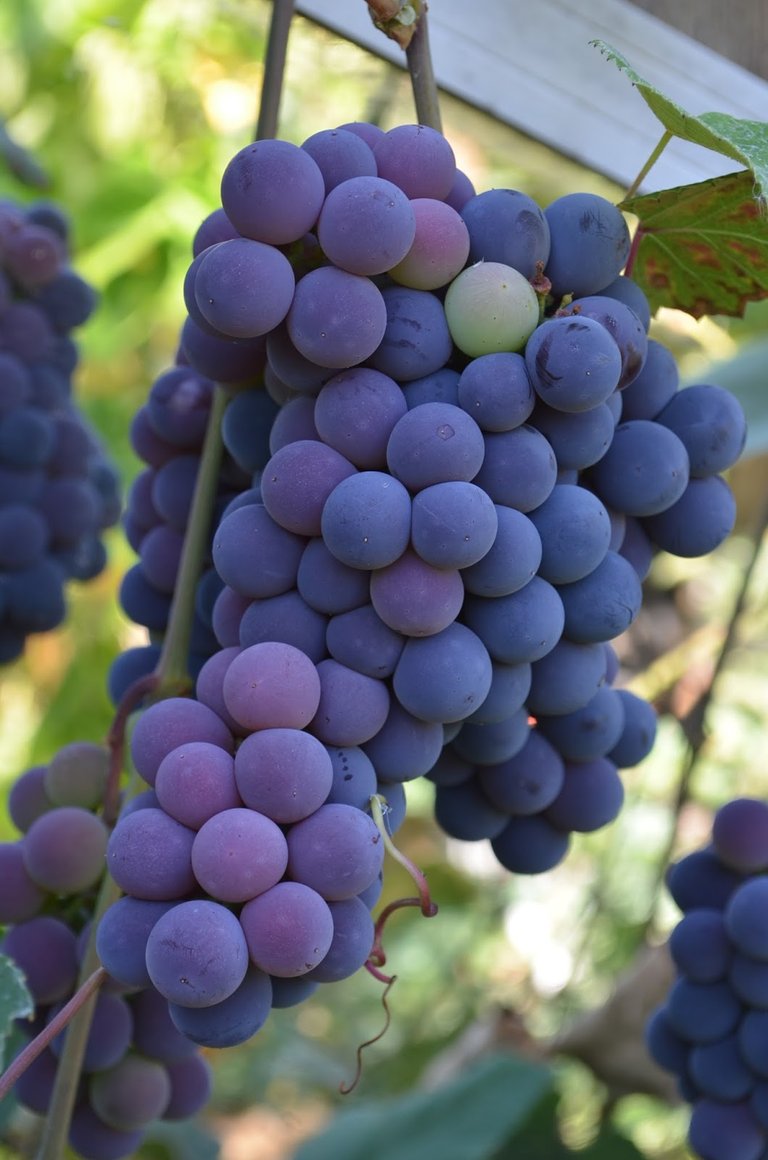
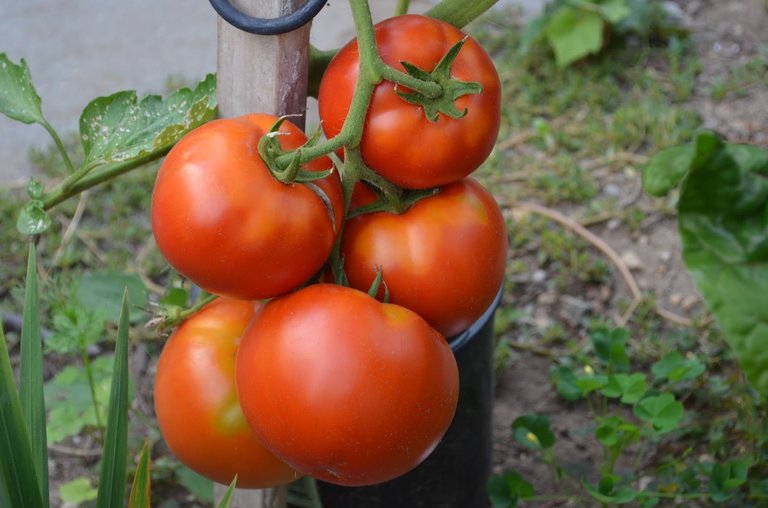
Useful post! Following you... Take a look at my posts...
Thank you.!
Resteemed and 100% upvoted. Thank you for using my service!
Read here how the new green bot from Berlin works.
@resteem.bot
We have our own vegetable garden. Aside from being self sufficient, it feels good to be able to share our harvest with our neighbors who also share their harvest with us. It does wonders not just to your health but also to relationships.
I agree with you. Newly harvested vegetables will be used by us and our neighbors to make delicious food and to enjoy together.
Spectacular @kanggary. And how gratifying it is to see its fruits. We should all have a vegetable garden in our homes.
Owning a vegetable garden is a great thing.
great post my friend, and beautiful photos
Thank you my friend.!
Love seeing photos of your beautiful garden! I think you are spot on when you say starting too big can be discouraging for beginners. I have been guilty if just buying a bunch or random starts to "see what works" and then feel disappointed when they don't do well. I've been able to grow some pretty healthy herbs and I think just need to slowly introduce new plants and take the time to really research what they like! I also live in an apartment... so my options are limited. :)
You live in the apartment will be a little inconvenient to have a vegetable garden.